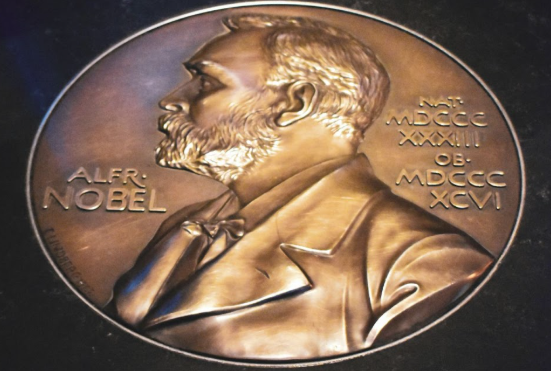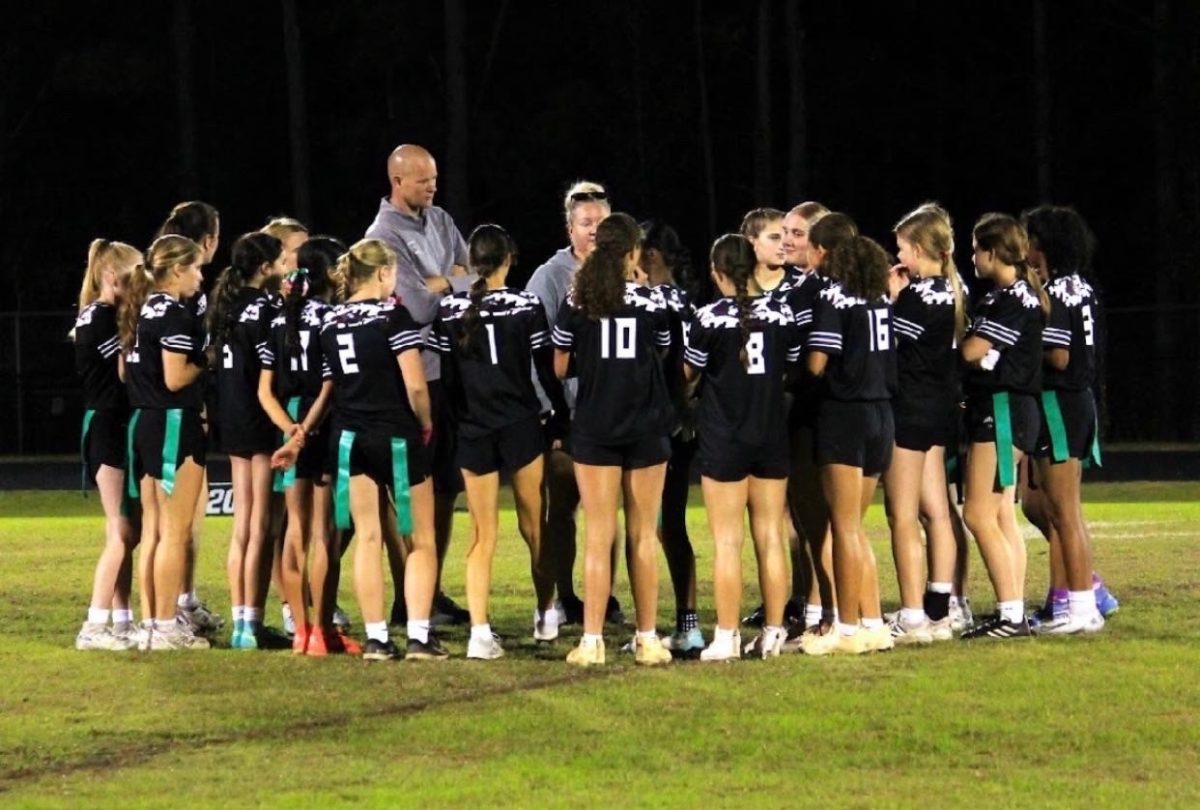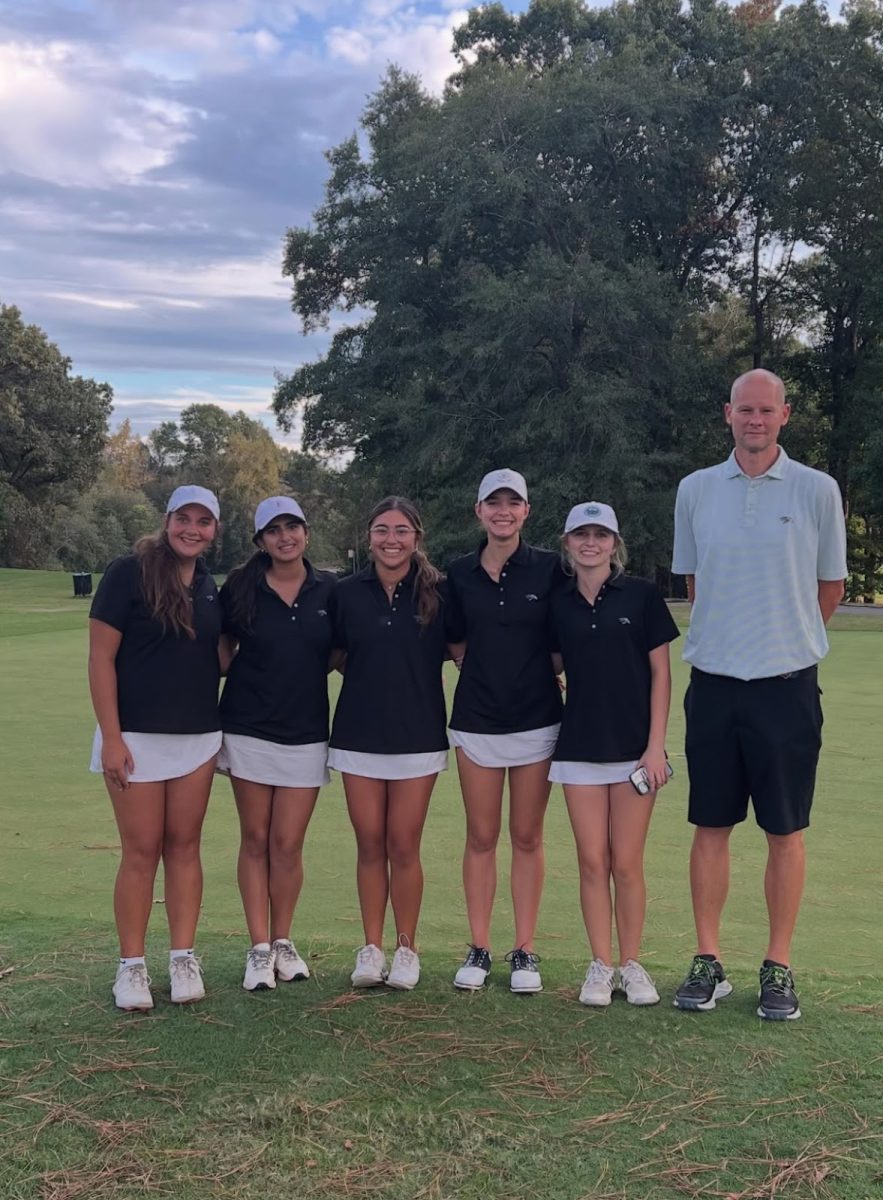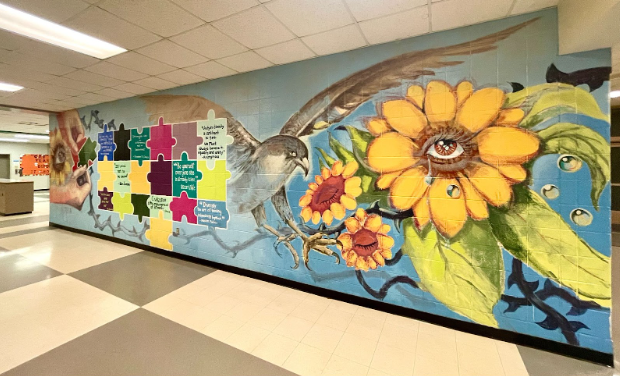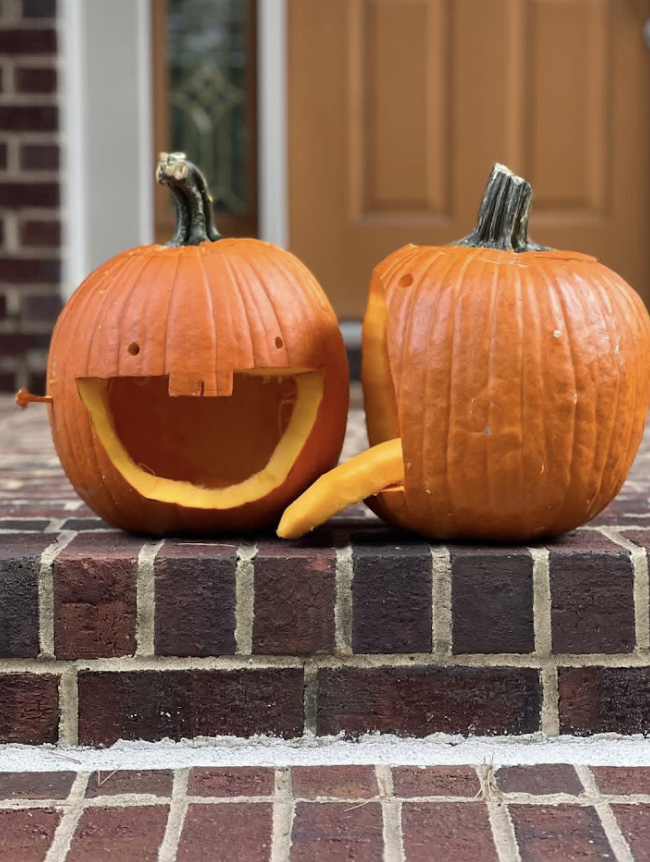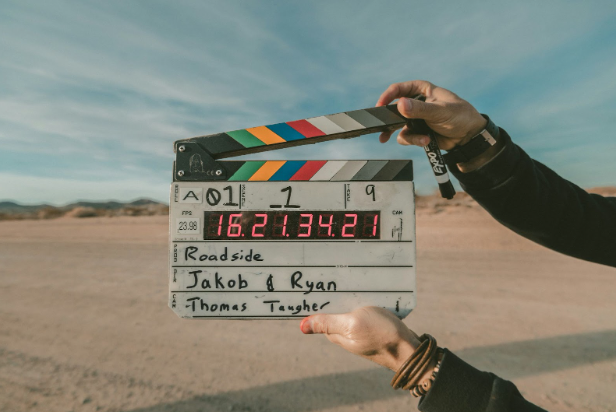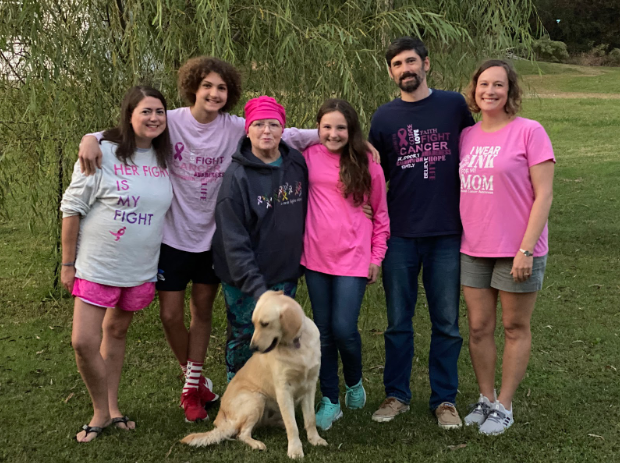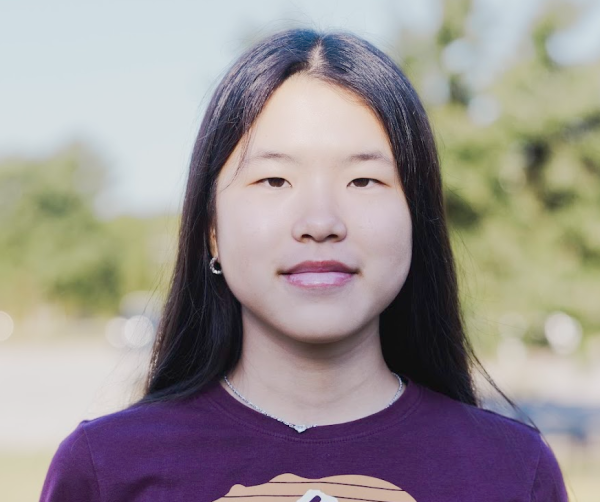Jane Goodall died on Oct. 1, 2025, at the age of 91 while on a speaking tour in Los Angeles, California. Goodall was a renowned primatologist, anthropologist and conservation activist. Her groundbreaking research and her lifelong dedication to her mission of protecting the environment and its wildlife will be remembered even after her death.
Born on April 3, 1934, in Hampstead, London, Goodall grew up with her mother, grandmother and sister. She developed a passion for animals and a dream to be able to work with them at a young age. She later became a primatologist, studying chimpanzees at the Gombe Stream Chimpanzee Reserve in Tanzania, where she made many remarkable discoveries. After she became aware of the environmental crisis and the large habitat losses of chimpanzees and other animals, she switched from science to activism. She advocated for environmental protection and the rights and well-being of all living things, and believed that people must speak out on behalf of those who cannot speak for themselves. “I first learned about her when I was really young, and her motto of ‘standing up for the animals and the environment because people are the only ones with a voice’ was truly memorable. It changed how I understood her dedication to helping the world,” recalls Ella McIntire (‘29).
To support conservation and community programs worldwide, organizations such as the Jane Goodall Institute in 1977, Roots & Shoots in 1991, Tchimpounga Chimpanzee Rehabilitation Center in 1992, Lake Tanganyika Catchment Reforestation and Education project in 1994 and the Jane Goodall Legacy Foundation in 2017 were founded under her leadership. These organizations were established to be used as funding for rescuing animals, educating young people and enlightening the environmental crisis of many communities around the world. The Jane Goodall Legacy Foundation website cites, “I have launched the Jane Goodall Legacy Foundation in order to create an endowment that will enable the programmes I have developed to continue, and new ones to be initiated, so that the fight to make a better world for people, animals and the environment may carry on beyond my lifetime.”
Her research on chimpanzees and their many similarities to humans helped others feel more empathy and a stronger connection to them. It made the public more motivated to fight for the animals living on the planet and not just the people. During her lifetime, she spoke with a diverse group of audiences for the conservation and protection of the environment. She empowered young people to make a difference and take action by emphasizing how everyone can make a positive impact. Countless individuals were inspired by her because she proved how one person can make a big difference on the planet. Ms. Darden, a biology teacher at Green Hope, also adds, “The fact that she was a woman in a field dominated by men at the time meant a lot to people, and as a child, it made me feel that I could achieve something similar since we shared that connection.”
Dr. Jane Goodall is recognized for her revolutionary research on chimpanzees, revealing their complex social behaviors and tool use. She was also seen for her out-of-the-ordinary method of studying animals because most people at that time observed the animals from a distance, while she gained their trust and lived more amongst them, which allowed her to study the chimpanzees from a much closer and deeper perspective. She was admired for her dedication to wildlife conservation and environmental activism. “I was really inspired by her and she made me realize that we can’t wait for someone else to save the planet because if we don’t help, no one else will,” said Sakya Prasanth (‘29), a student at Green Hope.
Jane Goodall had a lifelong mission to change the world for the better. She remained a hardworking activist even in the last years of her life and spent her very last breath traveling on tours to spread awareness and encourage the public to take action. In her lifetime, she created a legacy that would be forever remembered in the world. Her breakthroughs helped foster empathy and respect for wildlife by demonstrating their intelligence and emotional capacity. Her speaking tours and efforts in spreading awareness fostered a generation of environmentally conscious citizens. Every day, she emphasized the power of individual action and proved that one person can make a significant impact on the planet. Her life and legacy will continue to inspire people everywhere, showing dedication, compassion and action can truly change the world.




